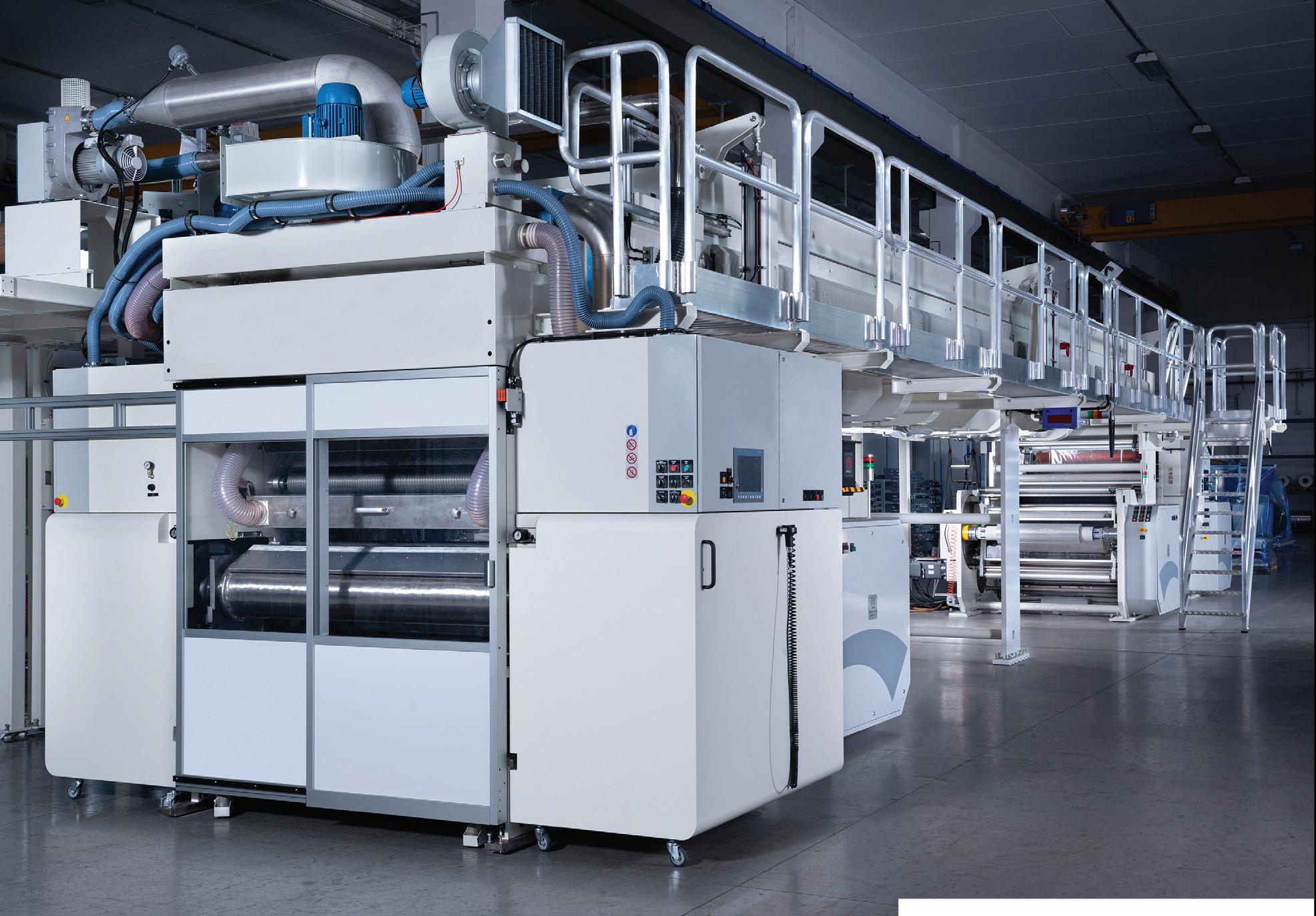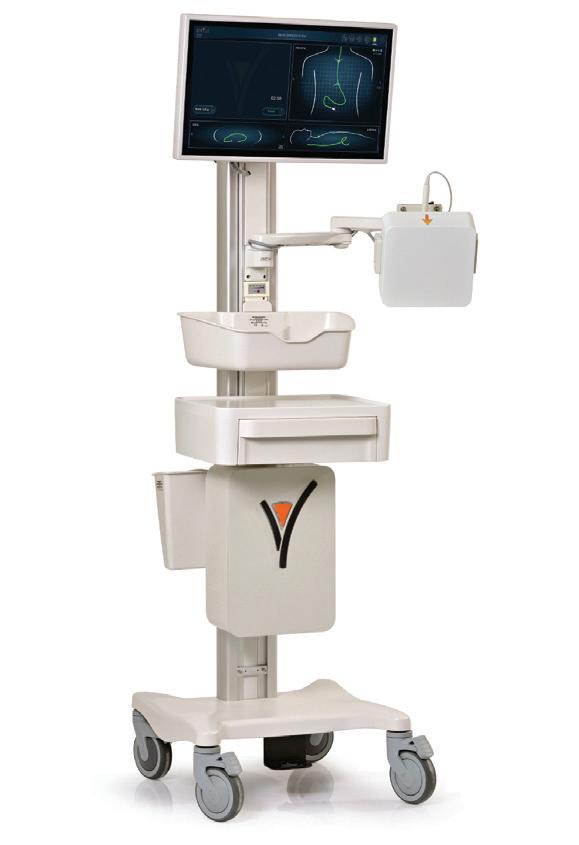
5 minute read
Supply chain: VSAs not VISAs
from MPN NA Issue 17
by MPN Magazine
WHEN SUCH EVENTS AS THE CORONAVIRUS PANDEMIC RESULT IN GLOBAL TRAVEL RESTRICTIONS, COMPANIES NEED AN ALTERNATIVE TO IN PERSON SUPPLIER APPROVAL AUDITS. LLOYD R. DESHANE, VICE PRESIDENT, CHINA OPERATIONS, YONGSHEN MOULD, OUTLINES HOW VIRTUAL SUPPLIER AUDITS NOT ONLY RESOLVE THE IMMEDIATE SITUATION, THEY ALSO LOOK TO BECOME THE NEW NORMAL.
Replacing VISAs with VSAs
Maintaining a strong supply base with the ability to grow the supply chain is an essential requirement for all companies that source products and production in Asia. Pre-COVID supplier approval audits in China/ Asia were fairly standard: supplier quality engineers (SQEs) and program managers would visit plastic tooling and moulding suppliers to audit the quality, capabilities and systems the supplier has in place to understand whether the supplier has the capabilities required to manage programmes for them. They will also check the supplier to confirm they are using certified resins and polymers from approved sources.
These detailed audits typically take 6–8 hours of onsite investigation and review with another few hours of follow up if any details require further clarification at a later date. The supplier audit results in a Pass (approved supplier), Fail or Preliminary Approval (based on an agreed timeline in which to correct or improve a specific issue before resubmitting the data to confirm the issue has been addressed and meets the customer’s requirements. The supplier audit includes every aspect of the supplier’s ability to manage not only production but also general business practices (Table I).
TRAVEL RESTRICTIONS
The global pandemic saw Asia close its doors to visitors in 2020. According to the China Government, travel restrictions are expected to remain in place for all of Asia during 2021, with speculation of opening China in the spring of 2022 once herd immunity is achieved.¹ Even when borders open up, it will be expensive and complicated to travel. Airfares to Asia are at an all-time high and a COVID Vaccine Passport will be required.²,³ China may still require a 2-week quarantine at the traveller’s expense when entering China. Furthermore, China will only accept a vaccine passport that details a China-produced vaccine; no other countries’ vaccine will be accepted. Travel costs and complications aside, visitors still have the health risks. Many companies do not want to subject their employees to these health risks and the liabilities that come with travel due to new strains of the virus and potential infection.
These external factors have (and will continue to do so) forced companies to find a way to perform remote Supplier Audits, which are required for three main reasons:
1. Supplier Requalification — a supplier maintenance procedure, typically performed once a year, to ensure a current supplier is maintaining its quality systems and production requirements.
2. Supplier Production Audit — validation of current production; cost reduction ideas including implementation of automation and other manufacturing improvements; delivery schedules; quality assessment of production; and review of increased or reduced production requirements.
3. New Supplier Qualification — introducing a new supplier into the supply base to replace a supplier that cannot meet current standards or demands, or a new supplier that has a new technology or manufacturing capability/ capacity that is desired by the customer.
THE VSA
For the reasons stated above the Virtual Supplier Audit (VSA) system was born out of necessity. In preparation for the VSA you must communicate with the Asian supplier in advance to ensure they have the tools needed for the VSA and have made the necessary arrangements (Table II).
Although customers prefer to see the information in person, using a hand-held phone/camera comes a close second: it can be used during the factory tour, to facilitate questions, and guide the tour if/ when needed. There really is little difference between a VSA and being present at the audit. A followup audit can also be arranged if the customer did not see exactly what
what they wanted or needed further validation.
On-site supplier validations, however, are not necessarily destined to become things of the past. Many manufacturers still prefer in-person and on-site meetings to gain a personal feel for the teams and management that will produce the product for them.
Limited travel has made VSAs essential — a status that looks set to remain certainly for the next 2 years, particularly for those businesses attempting to maintain and grow a strong supply base.
Improvements in virtual meeting technologies are making VSAs particularly beneficial as they control the high cost of sending audit staff to Asia, and facilitate real-time reporting of any production issues or the approval process. Once the suppliers have been trained in using VSAs they can apply the same skills and equipment to provide immediate virtual updates on all issues.
A significant amount of preparation is required by the customer and the supplier for a smooth VSA. The customer should provide a clear agenda with timings for each topic to be covered and a list of employees required to attend the meeting. The customer should submit the agenda to the supplier at least one week in advance of the VSA affording them enough preparation time, and schedule the time with the staff required for the meeting. A well-planned VSA will ensure that all the information is ready to present via the share screen and the people needed to answer questions are all present in the meeting.
References 1. https://mp.weixin.qq.com/s/HKAYkNv4S0TxidzKEcdMpw 2. https://www.trip.com/blog/covid-19vaccine-passports/ 3. https://www.straitstimes.com/asia/ east-asia/covid-19-vaccine-travelrules-widen-the-rift-between-chinaand-the-west Table I: An example of a VSA agenda outlined by a customer (Philips Medical) and given to the supplier 3 days prior to the audit. The information requested for review is determined by the customer based on what is important to them.
Table II: An example of VSA requirements outlined by a customer (Philips Medical) and given to the supplier 7 days prior to the audit. The customer decides who will attend the meeting and the platform through which it will be conducted (for example, Microsoft Teams).









